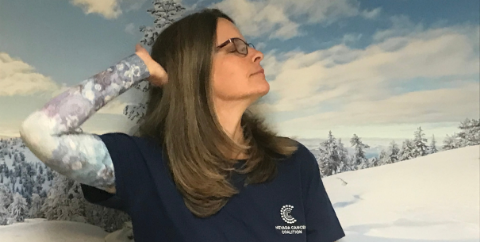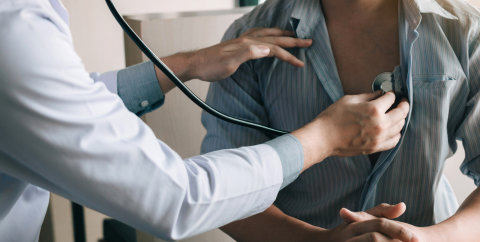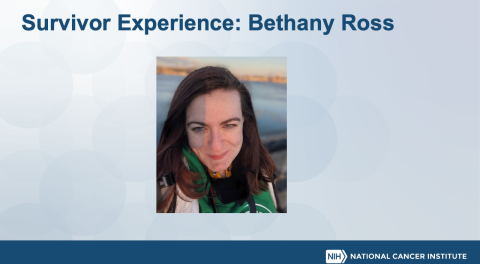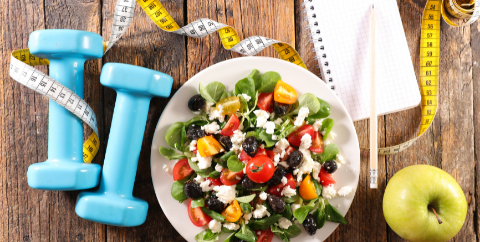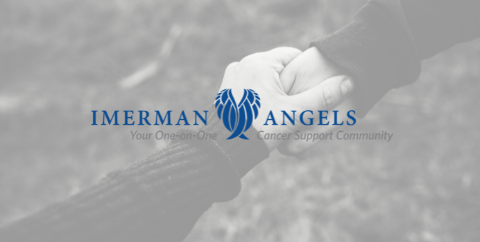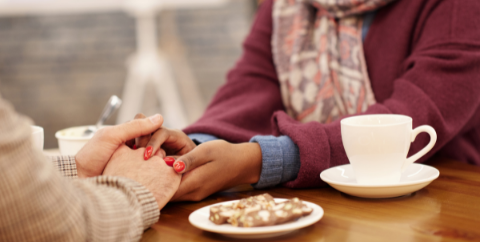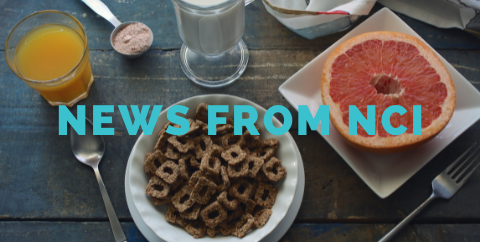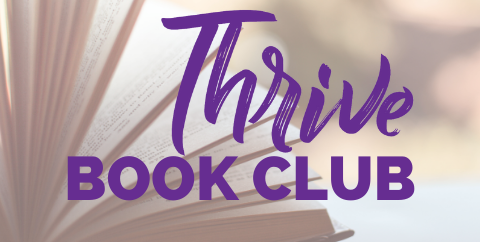Educational Tools
We have created this page to help you learn more about the cancer journey from professionals around the nation. Scroll below to view online webinars, information from across the web, or recommended reading.
Downloadable reading & research
For survivors starting or still in treatment
The Cancer Care Team – An Introductory Lesson
Diagnosing and treating cancer is complex. People often need the experience and skills of several different medical and health professionals to treat cancer. These professionals involved in a patient's cancer care make up the oncology team. This can also be called your cancer care team, health care team, or multidisciplinary care team.
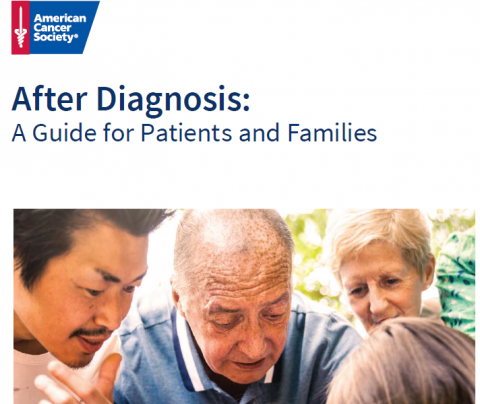
After Diagnosis - A Guide for Patients and Families
Finding out you have cancer can bring many changes for your and your loved ones. You probably have lots of questions. This document answers many questions about cancer and cancer treatment. We also tell you what you can expect from the people and services that are there to help you cope with cancer.

Colontown University - Learning for Life
COLONTOWN University offers you resources for learning about colorectal cancer - from the very beginning right up to the most cutting edge research - created by the people who know exactly what you are going through. It's colorectal cancer education for patients and caregivers, by patients and caregivers.
Visit Colontown University Learning Center
Triage Cancer's Guide to Getting and Paying for Prescription Drugs
Takeaways: Understanding the way your insurance covers your prescription drugs and taking advantage of available resources, can help you reduce your costs.
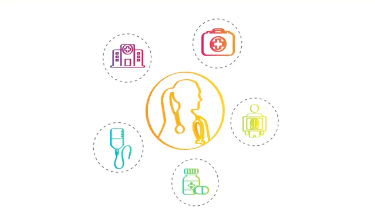
National Cancer Institute: Paying for Clinical Trials
As you think about taking part in a clinical trial, you will face the issue of how to cover the costs of care. There are two types of costs in a clinical trial: patient care costs and research costs.
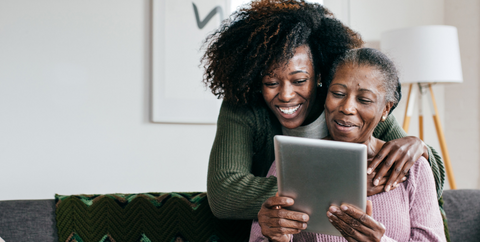
Patient Advocate Foundation Lighthouse Training Series : A Guide to Managing Your Costs During a Serious Illness
Designed in brief, digestible modules, the self-led online Lighthouse Series curriculum includes 6 modules with companion tip sheets designed to help patients understand and anticipate how an illness can impact their lives and how to proactively access resources and benefits that are available to help.
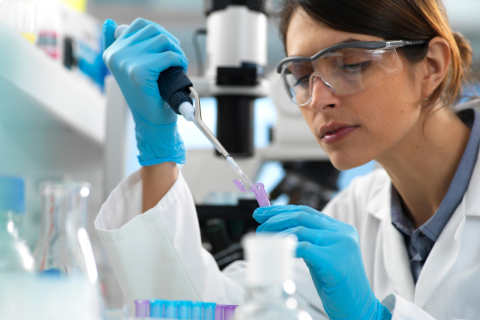
Imerman Angels Genetics and Cancer Resource Guide, Updated Summer 2024
Cancer is confusing enough, but it's even more important NOW to understand the influence that genes play on a cancer diagnosis. This resource guide provides links to recorded educational sessions and links to national resources for AYA cancers, caregivers, clinical trials, and specific cancers. Bilingual resources are also available.
Palliative care
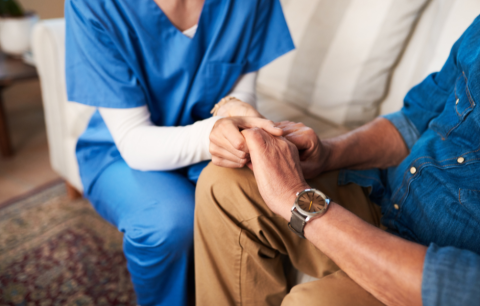
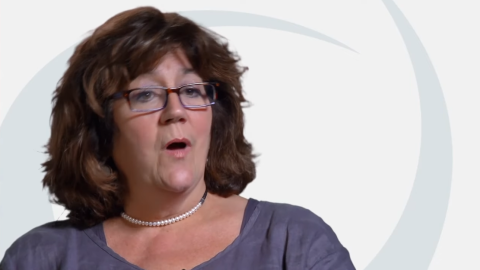
What is Palliative Care – An Introduction for Patients and their Families
This patient education video offers an introduction to palliative care, which provides support and relief to any person from the symptoms of cancer or side effects of treatment, regardless of age or type and stage of disease. It is led by Dr. Michael Fisch, survivor Holly Anderson, Dr. Jennifer S. Temel, and Dr. Dorothy M.K. Keefe.
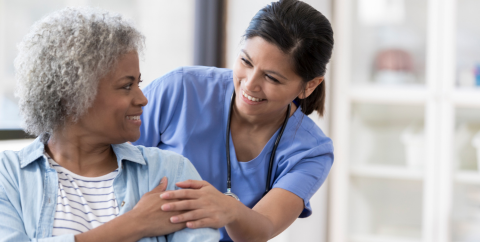
Nevada Advisory Council on Palliative Care and Quality of Life
The State of Nevada Advisory Council on Palliative Care and Quality of Life was added to Nevada law according to legislation passed in 2017. The council is to work with the Nevada Department of Health and Human Services (DHHS) to establish an information and education program and to assess the availability of patient-centered palliative care in Nevada.
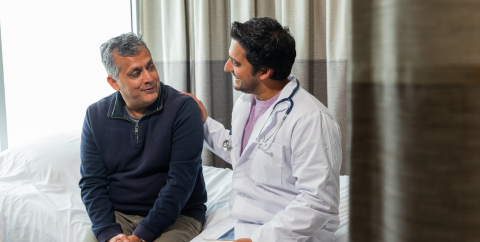
What is palliative care? from American Cancer Society
Learn more about palliative care, ways in which it is different and similar to hospice care, and how it may benefit you during treatment.
For survivors who have completed treatment
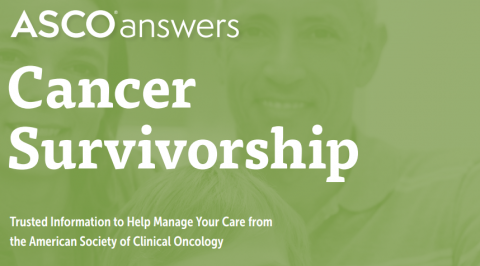
Survivorship: Spanish & English - Download
As you finish cancer treatment, you might be wondering: What happens next? The answer is different for every person. Some people return to the lives they were leading before their diagnosis, while the lives of others are significantly changed by their cancer experience. The challenge for every survivor is figuring out how to return to everyday life while adjusting to the effects of the disease and its treatment.
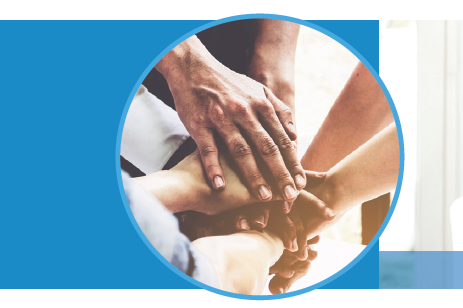
What You Need to Know When You Have FINISHED TREATMENT
This checklist provides an overview of important information and actions to help you manage your health after you have completed treatment for cancer.
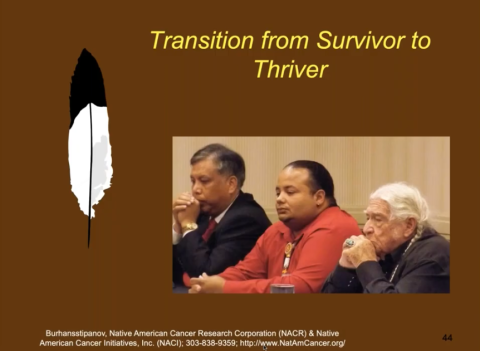
American Indian/Alaska Native Cancer Survivorship 101
Brought to you by The American Indian Cancer Foundation, this webinar session provides an overview of survivorship among American Indian/Alaska Native cancer survivors, including a brief review of topics and definitions in survivorship, excerpts from the Native American Cancer Education for Survivors (NACES), and the long and late effects of cancer and cancer treatment.

Guides to Healthy Living as a cancer survivor
These guides provide information to cancer survivors on staying healthy physically and emotionally, sexually and with intimacy as a cancer survivor.
For care partners, children and families
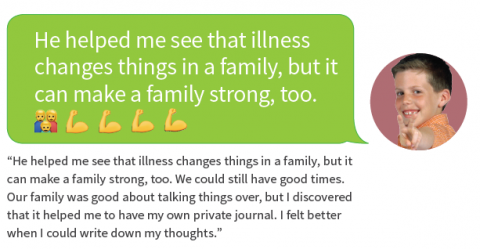
It Helps to Have Friends When Mom or Dad Has Cancer
It’s hard to have a parent with cancer! But there are things that can help you during this time. Here you can find out some of the things kids worry about and go through. We’ll also tell you about some things that may help you deal with cancer in your family.
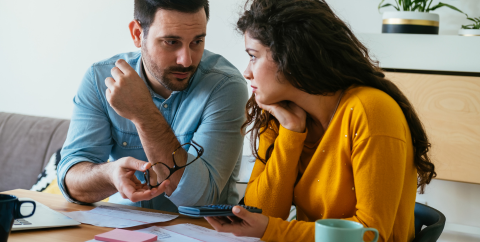
National Behavioral Health Network "You're Not Alone - Resources for Cancer Care Partners"
When someone is living with both cancer and a behavioral health challenge, such as depression, anxiety or a substance use disorder, it can make everything feel harder, including how they navigate their cancer care and whom they reach out to for help. This resource can assist care partners in providing support and staying on track.
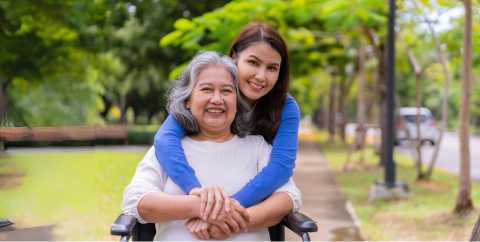
American Cancer Society Caregiver Resource Guide
The American Cancer Society Caregiver Resource Guide is a tool for people who are caring for someone with cancer. It offers tools to understand what your loved one is going through, how to care for yourself while you care for others, coping skills to manage stress and emotional situations, and other resources to get help.
